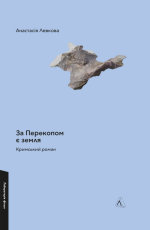View all filters
Clear
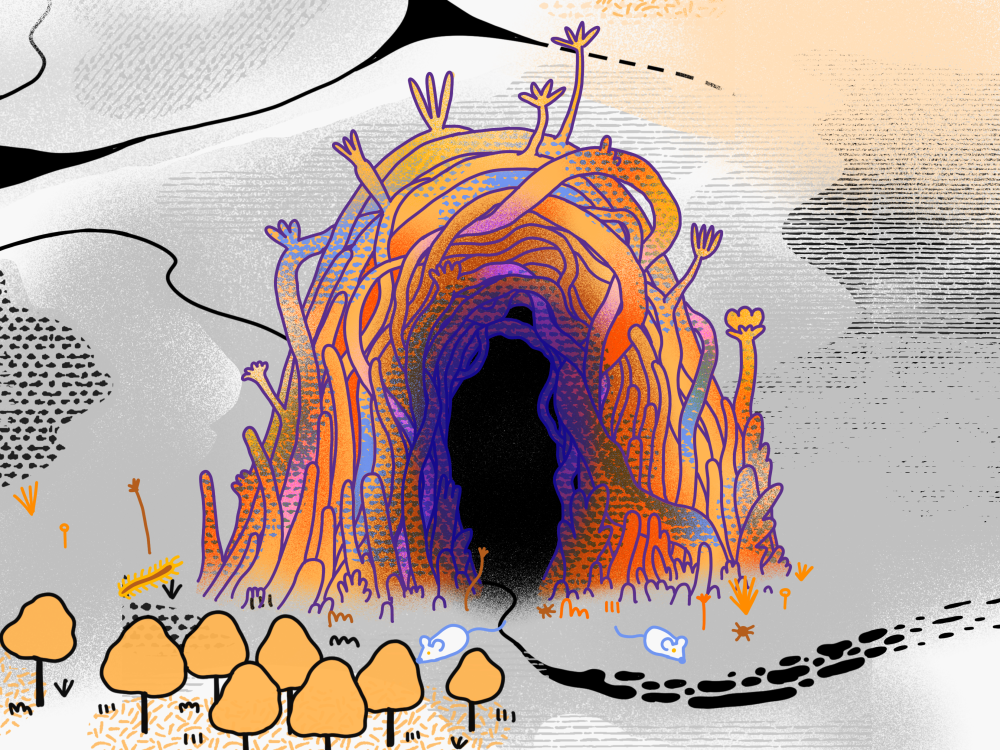
Where the Wild Things Grow
Celebrate our ecological and ritual connections with Mother Earth and the cosmos
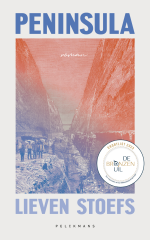
Corridoio (Peninsula)
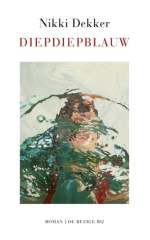
Pesce piatto
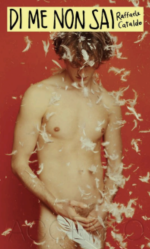
Di me non sai
Lucio falls in love with "the boy" even before meeting him: just watching him from the window of his office is enough for him to become almost obsessed. When they finally meet, he discovers that Davide is much younger than him (still studying), and that he is elusive, unreliable, and "cruel" in the way only twenty-year-olds can be cruel.
For two months, Lucio and Davide have dinner together, have sex, go to the beach, and often sleep at Lucio's place. However, Davide does not fall in love. He continues to seek Lorenzo, the only man he (perhaps) truly loved, of whom he keeps only a pixelated photo on an old cellphone. Like many twenty-year-olds, he is also confused, wounded, and willing to nestle into the routine of always having a Coca-Cola ready for him in the refrigerator.
"Di me non sai" tells the story of a relationship lived in an opposite, incompatible way, whose nature is revealed to the reader only as the novel progresses. Alternating the perspectives of the two protagonists in short, sometimes very short chapters, Raffaele Cataldo shows the misalignment of feelings and the painful consequences it can have, the slow pace of hot Apulian summers, and the obsessive loves (present and absent) that, like wild oat seeds, cling to hair, shoes, and clothes.
Dichiarazione di dipendenza
Lampi
Domani
Non lo ero, ma ora lo sono. Sensibile a ogni variazione atmosferica.
Bollettino dell’ultimo giorno
Albero mostro bambino albero
Un’automobile dell’antica Grecia
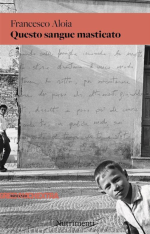
Questo sangue masticato
In his debut novel, Francesco Aloia comes to terms with the past and his family, keeping his grandmother Ada's teachings firmly in mind. After leaving home and finding his own path, he returns to the places of his childhood during a summer and confronts a particularly "overbearing" grandfather, Tanino 'e Bastimento, a man of honor who, after a couple of murders and many years in prison, after challenging a Camorra boss, now must face one final duel "in absentia"—this time with his grandson.
Bestie voi tutte dei campi
Dopo l’ultima cena
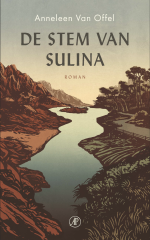
La voce di Sulina
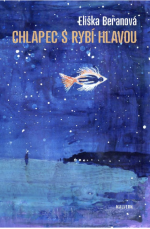
Il ragazzo con la testa di pesce
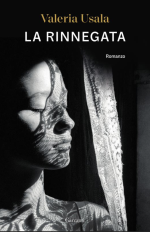
La rinnegata
A story of three generations of women, their courage and search for independence in the face of superstition and prejudice, in the spirit of Natalia Ginzburg and Elena Ferrante. In this striking debut, based on a true story, Valeria Usala bears witness to an age-old story of violence against women and takes us into the heart of rural Sardinia, where superstitions and cruelty coexist with the joys and companionship of a tight-knit community.
Teresa runs a shop and a tavern. But not even the family she has created with the man she loves can protect her from the malicious gossip of jealous locals, who are threatened by her independence. Her own mother, Maria, was made an outcast, and now Teresa is in turn forsaken by the villagers. Will she pay for her success with her life? Is she like a character in Greek tragedy, whose destiny is inevitable? A story that gives voice to the forgotten women of Sardinia—and to the one of women everywhere.
La casa di Haifa
